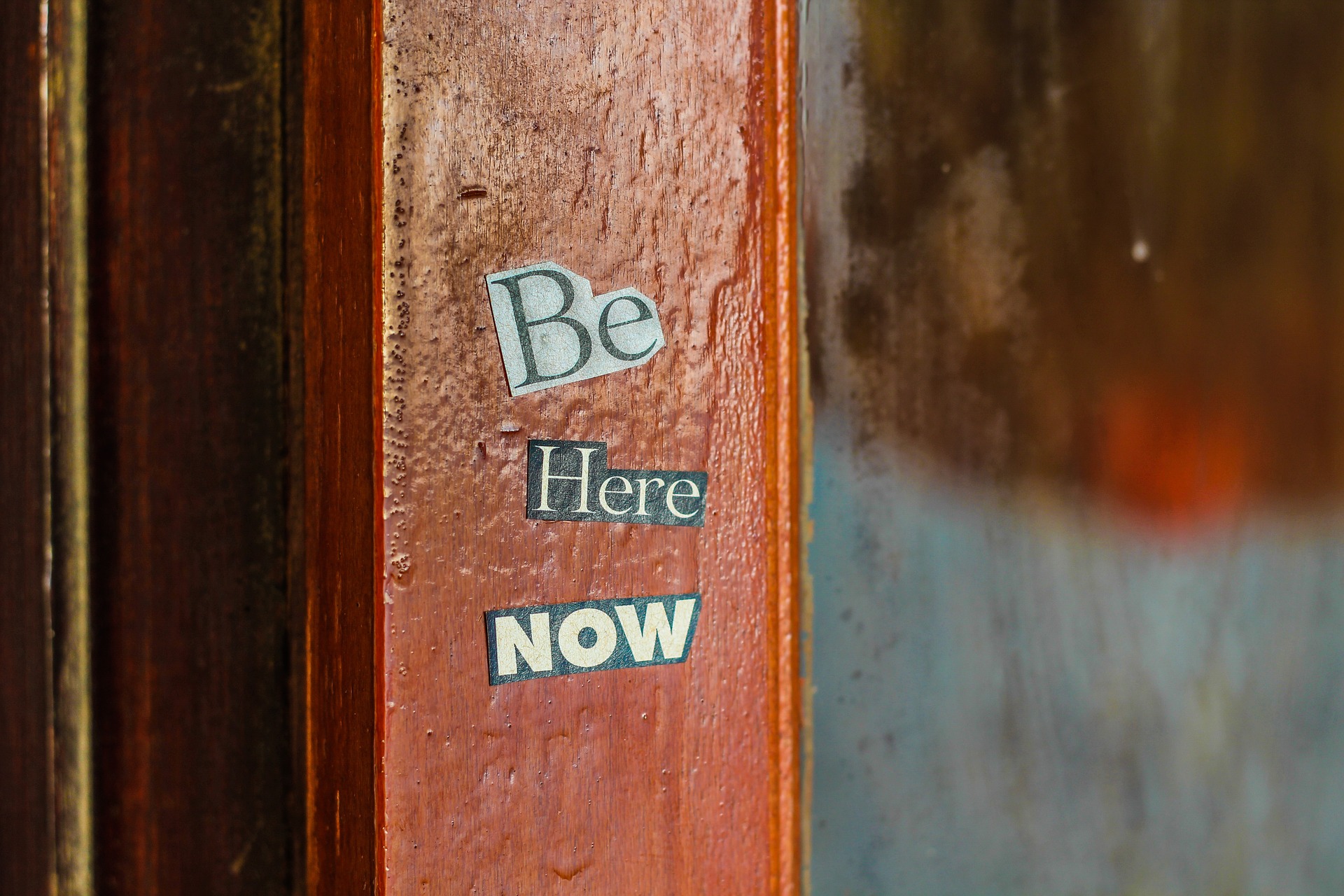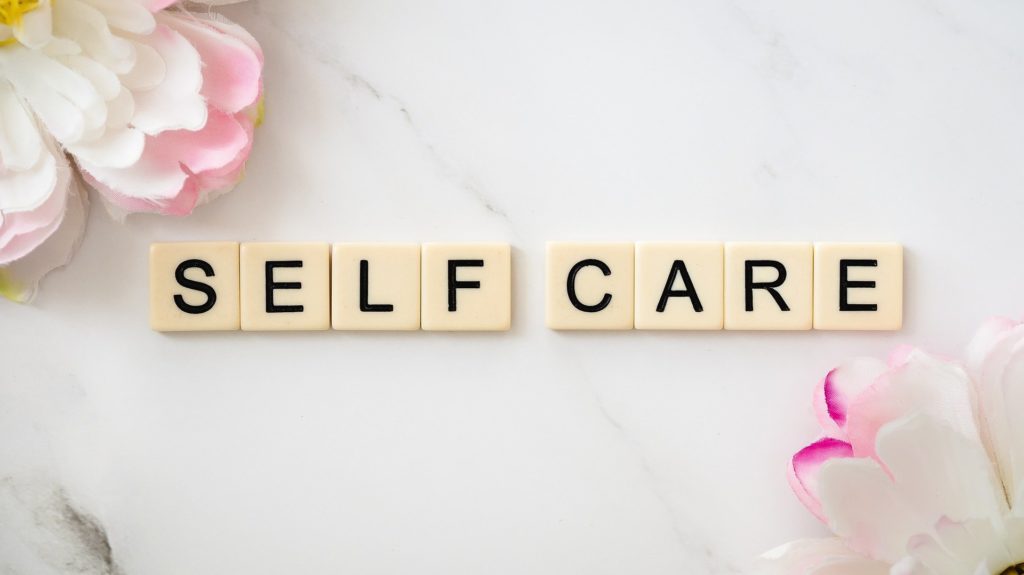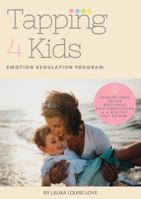“Being must be felt, it can’t be thought.” – Eckhart Tolle.
You’ll be relieved to know that quieting our racing minds is challenging for us all. In our fast paced world we each have 60-80,000 thoughts per day, so it is important for our mental health to have times when we can ‘just be’. This is what ‘mindfulness’ is all about, it is the experience of bringing our awareness and attention fully to the present moment. It is a time when we are observing what is going through our minds and noticing our thoughts, while not becoming attached to them. Once we strengthen our metaphorical ‘mindfulness muscle’, our minds don’t tend to wander quite so much when we attempt to calm them. This can help to de-stress us as it can prevent our thoughts and emotions from spiralling.
Experiencing even brief periods of a still, relaxed mind on a regular basis provides great benefits to our health and wellbeing;
- Mindful Teachers – Teach with greater patience, presence and respond more skillfully to the needs of students, which creates a more positive learning environment.
- Mindful Students – Typically feel more peaceful due to decreased stress and anxiety, as a result they are calm in the classroom. What’s more is they also have improved self-regulation skills and focus.
- Mindful Parents – Are more likely to enjoy parenting most of the time, they are better listeners, are less reactive and have a stronger immune system (which is helpful during this cold time of year!). They also experience improved memory, which we can all use as we get older and have more to juggle.
- Practitioners – Mental health professionals need mindfulness too. Studies show mindfulness means practitioners are less likely to fatigue and burn-out from hearing traumatic stories frequently, this gives careers longevity (Jacob and Holczer, 2016).
Some tips to get you having a mindful moment today are;
- Focus on your senses; Sit somewhere quiet for 5 minutes, close your eyes, breathe in and out as slowly/deeply as you can. Notice what you can hear, feel and smell where you are right now. Tuning into things like this, especially in nature, can be very grounding.
- Build a mindful practice into your life; Mindfulness doesn’t have to be all about meditation in solitude, as for many parents uninterrupted time to ourselves can be unrealistic. Instead try mindful eating or bush walking.
- Busy? There’s an App for that; Play a 1 or 2 minute mindfulness track on your phone/iPod. ‘Smiling Mind’ has some excellent quick guided meditations, called ‘body scans’ which help you to tune into your body. There are apps like ‘Calm’ which can be used with children and ‘The Mindfulness App’ which is a great guide for parents starting out.
When your mind wanders do your best to notice this, as well as accept that thoughts come and go, rather than being critical and judgmental of yourself for not getting in the present moment quickly or easily enough. A little self-compassion as you learn this new skill can go a long way.





Leave a Reply